It has been a fortnight since Bulgaria has been burning, or maybe just “smoldering” after the head of the Fire Safety and Population Protection Directorate, Chief Commissioner Alexander Dzhartov, together with Interior Minister Daniel Mitov declared on Thursday that all big wildfires in the country had been contained, and would be extinguished definitively in a matter of days. Alexander Dzhartov made this statement during a visit to Plovdiv airport where the two aircraft sent by Sweden under the European Mechanism for Civil Protection to help fight the wildfires are stationed. In addition, the EU sent 5 specialized helicopters as well.
At the same time the government says – we do not have the necessary technology, and we’re not going to acquire it any time soon because to buy such equipment will take several years. Which elicited a response from President Rumen Radev who said that creating a specialized unit for aerial firefighting as part of the Interior Ministry would be a much more time consuming process than if it were done as part of the air force of the Bulgarian army. And he added – out of 17 helicopters in the army, adapted for use to extinguish fires, only “two, or four at best” are functional. At the same time, the government supports the idea of purchasing new Spartan aircraft for the purpose, instead of helicopters as the presidency wants. 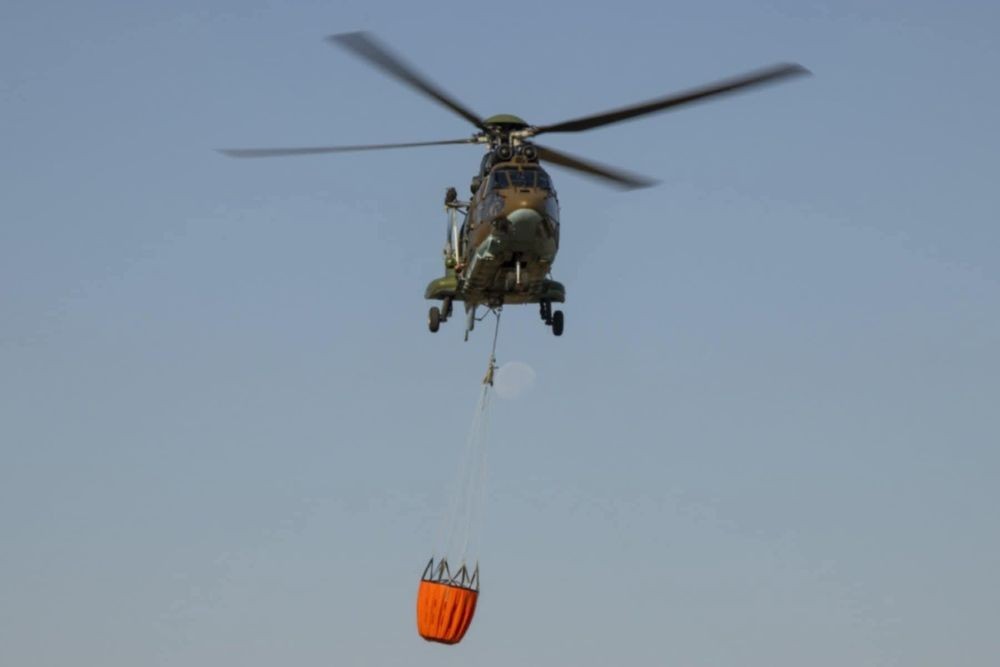
The Bulgarian army also joined the efforts to put out the fires which, in the past week, have been most active in the region of Yambol, Sliven in Southeastern Bulgaria, and most of all in the region of the villages of Strumiany and Ploski in Mount Pirin in Southwestern Bulgaria. Of course, the biggest role in the efforts to extinguish the wildfires has been played by the hundreds of firefighters, and as many if not more volunteers.
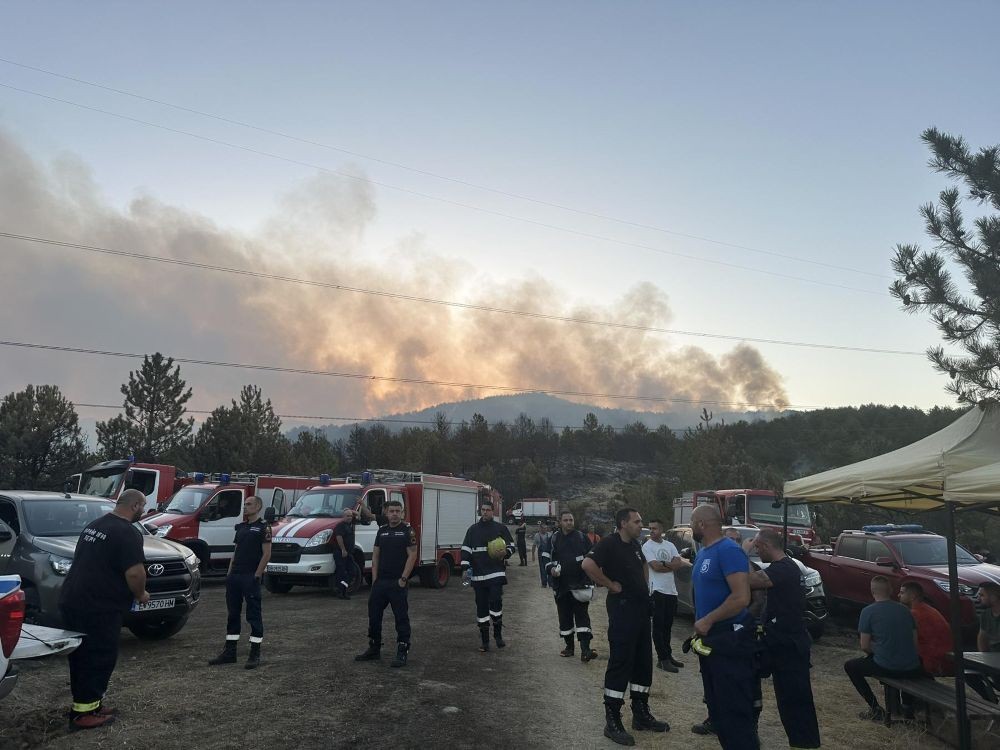
One such volunteer is Nikola Rahnev, the man who created the biggest volunteer platform – Gorata.bg, a man with a mission – to make Bulgaria greener. He joined the efforts to put out the wildfires side by side with the firefighters. He acknowledges how hard their work is but says there is no systematic policy in this sphere.
Why is it that the wildfires come as a surprise to us every year? 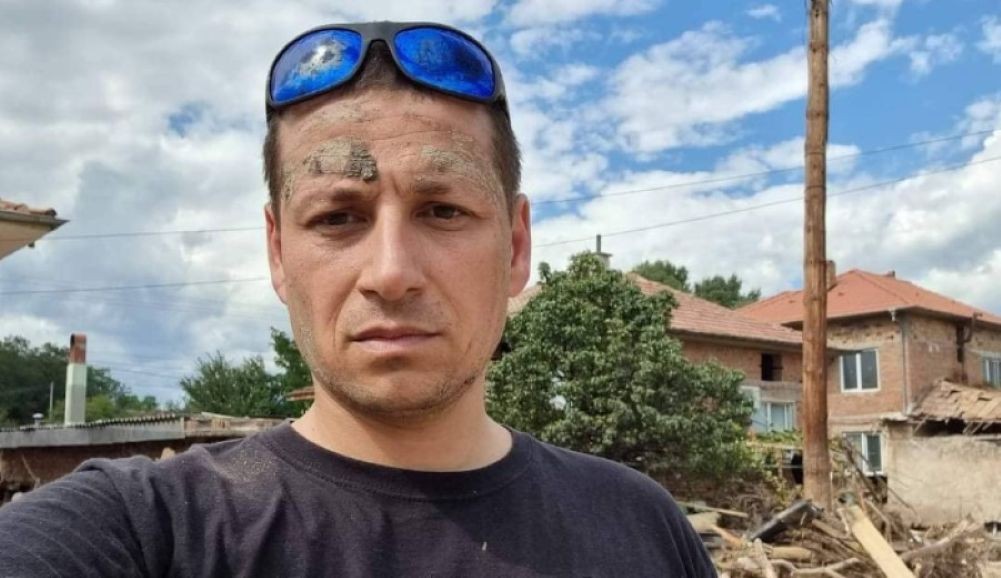
“Definitely, and without the shadow of a doubt the state is not handling the situation well at this time, or at any time in recent years. The best kind of protection from forest fires is prevention and that is something we do not have. There is no comprehensive strategy, there is no quality politics,” says Nikola Rahnev in an interview with Radio Bulgaria, and adds that there is so much that has yet to be done:
“Starting from afar – from the selection of the kind of trees to be planted in the long term, passing through carving out “mineralized strips” – clearings that stop the spread of big wildfires. Then there are the control, monitoring and early warning systems – they can be satellite, or aerial systems etc., not to mention the fact there are not enough people with solid training and available at different locations. 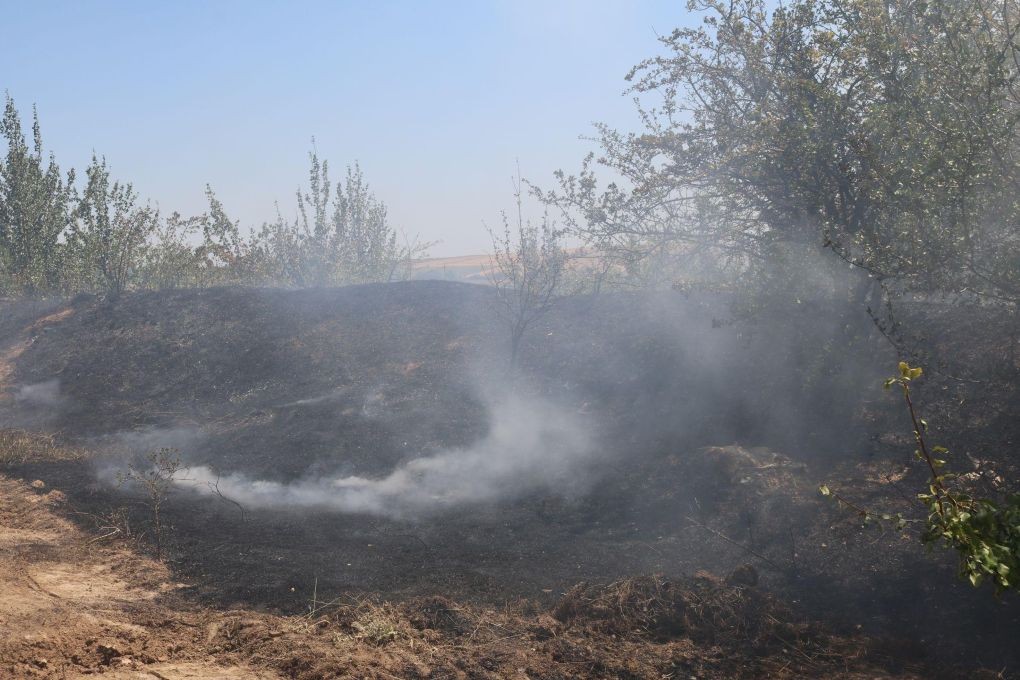
And the absolutely inadequate equipment for the people who are now fighting to put out the forest and field fires – lack of clothing, lack of funding, of equipment. And to top it all we are the only European country that has no aerial firefighting capacities. Which has been proven to be the best practice for extinguishing wildfires, particularly crown forest fires,” says Nikola Rahnev.
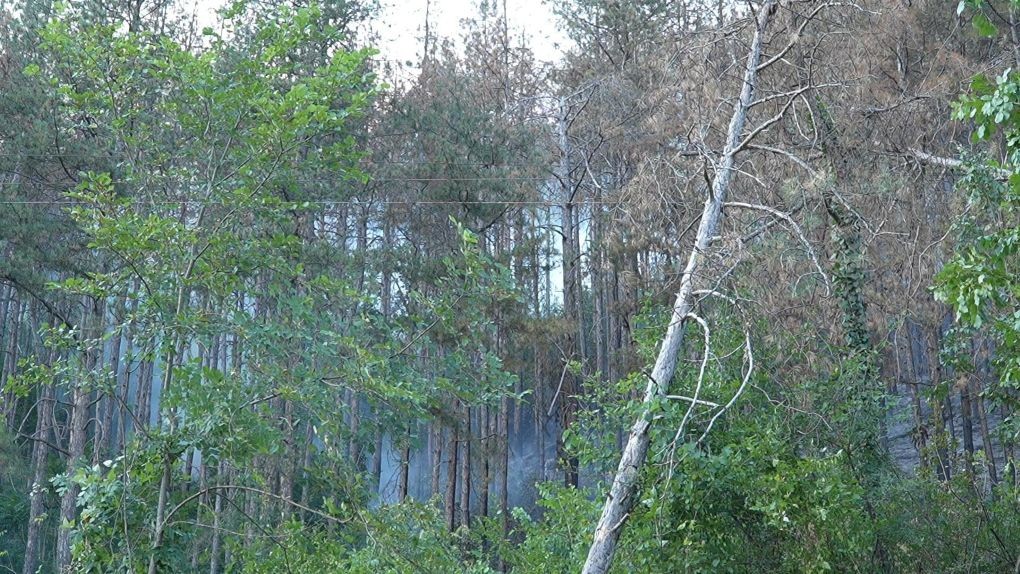
Even though the fires are under control, the “fiery month of August” still lies ahead when, statistically speaking, temperatures are highest meaning a heightened risk of fires, Nikola Rahnev says:
“There are some things that need to be done urgently. First – putting out the fires now raging and handling the fire hazard that comes with August. That means taking urgent measures and mobilizing the resources – utilizing the resources at hand in the best way possible. The army can join in, the aircraft we have, we can ask for help from the EU under the mechanisms available. And the action must be taken quickly. And most importantly – the approach must be strategic, because the wildfires will continue to grow, as has been the case, and systematically. We must have an overall strategy that includes equipment, technology, a sufficient number of trained people, as well as monitoring and early warning systems. Forest fires always peak in August and September because they are the driest months with the highest temperatures.” 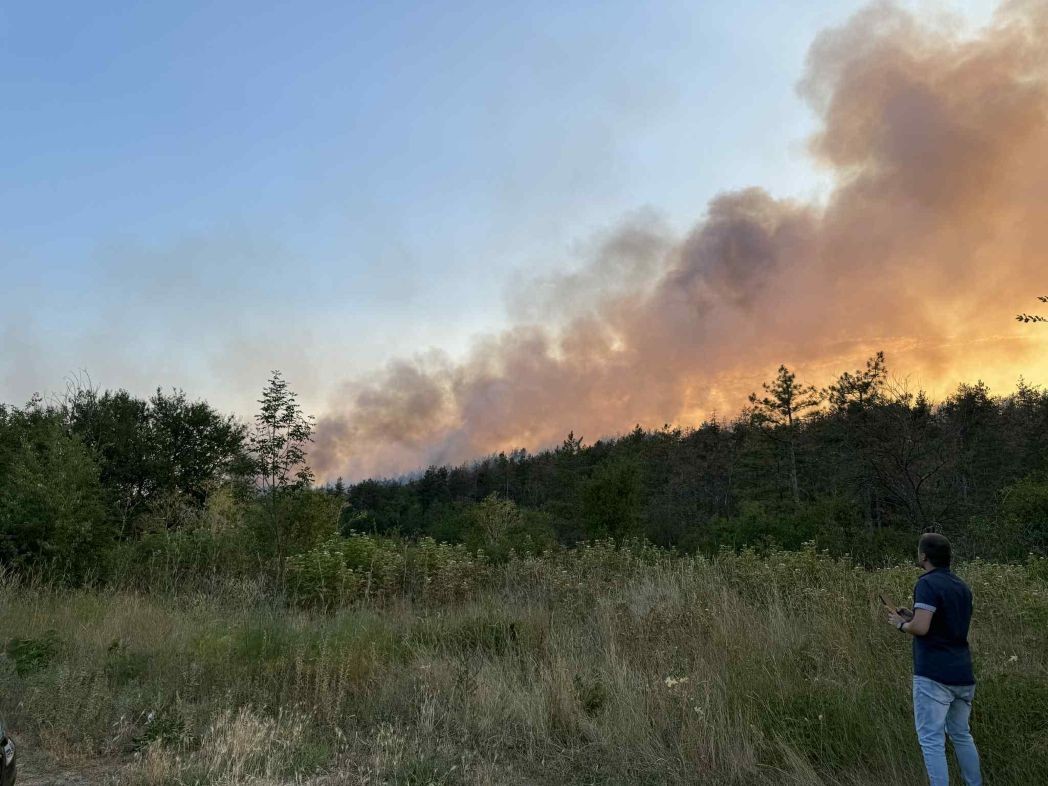
The good news is that under the mechanism for mutual assistance, Bulgaria can rely on help from the EU countries when it needs it. And on a much bigger scale than what we were sent now, the volunteer and activist says, but goes on that the money spent on prevention is money spent much better than on extinguishing fires. Bulgaria’s climate is already undergoing a transformation to subtropical, i.e. such calamities should not come as a surprise, we ought to be prepared for them.
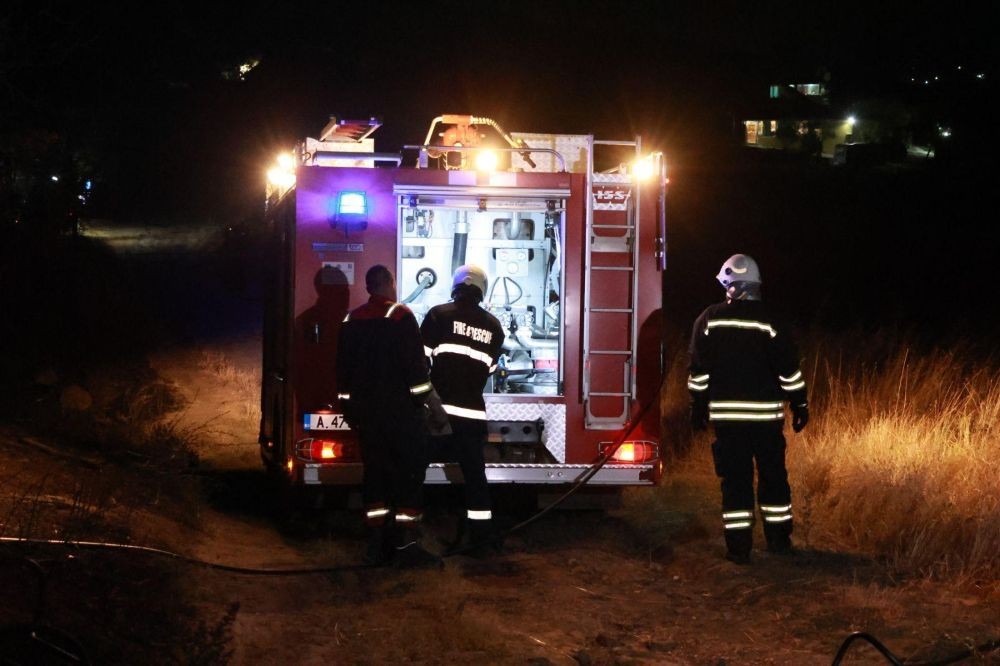
At the same time the state has also been making promises – under the Operational Programme “Environment” the Interior Ministry is to buy 285 brand new fire trucks. However, this is going to happen in no less than three years’ time, as this is the duration of the procedure.
Translated and posted by Milena Daynova
Photos courtesy of Nikola Rahnev, BGNES, BTA
The Bulgarian minority in Romania marked a significant event with the official opening of the Bulgarian Inn in the village of Izvoarele (Hanul Bilgarilor), Teleorman County (Southern Romania)- a locality with Bulgarian roots dating back over 200 years...
The 14th edition of DiVino.Taste, Bulgaria’s leading forum for wines and winemakers, will take place from 28 to 30 November at the Inter Expo Centre in Sofia. Over 80 producers from all wine regions will participate, offering tastings of around 600 of the..
Minutes before the second and final reading, at the parliamentary budget and finance committee, of the state budget for 2026, the leader of the biggest party represented in parliament GERB Boyko Borissov halted the procedure and sent the draft bill..

+359 2 9336 661
